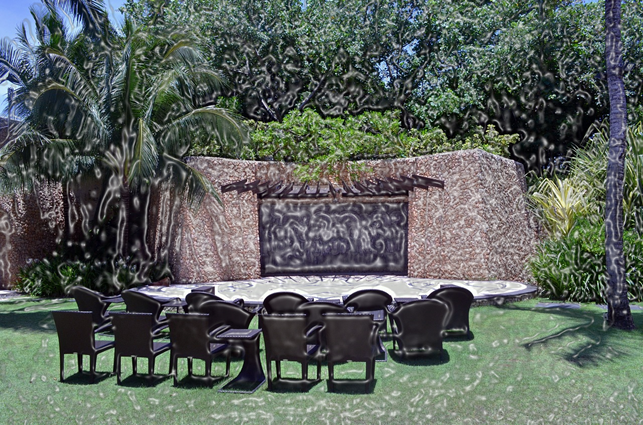Good news for all the future Social Theatre Operators: the call for Social Theatre Operator training course 2020-2021 is finally online. In autumn 2020, the new courses and workshops for Social Theatre Operators will be opened, sponsored by ETI (Ente Teatrale Italiano) in partnership with ANTAS (Accademia Nazionale Teatro e Arte nel Sociale), which will allow affiliated universities for credit recognition.
Between 2020 and 2021, the courses will take place in the following cities: Rome, Milan, Prato. The basic course, lasting 70 hours, is currently available only in Prato and will be distributed in seven weekends from October 2020 to April 2021. In the cities of Rome and Milan only introductory workshops will be available, lasting 30 hours in total and being distributed in 3 weekends between October and December 2020, and between March and May 2021. Within the RESTORE project, from April to June 2021 a specific training course dedicated to future Social Theatre Operators from all over Europe will take place in Rome. More information will be available on the website of the project coordinator Oltre Le Parole. At the end of the courses and workshops a certificate of attendance will be issued.
The training is expected to provide participants with the following skills and competencies:
- Building stable and meaningful relationships through the creation of verbal and non-verbal communication channels on intrapersonal (with oneself), interpersonal (with each other) and transpersonal level (with the group). Communication channels include vocal and bodily expressiveness paths, basic theatrical techniques, recreational and socio-cultural animation, through the adoption of structural and non-structural methods.
- Perceiving and expressing oneself through the body, voice, music, movement, writing and art in general.
- Using the non-verbal channel to communicate beyond linguistic, cultural differences and difficulties that prevent or compromise the use of language.
- Using the game at all ages and psychological conditions as an element of knowledge, exchange, expressiveness and integration.
- Creating situations that provide for an interactive exchange between people directly involved in the experience and families, operators, volunteers, etc.
- Knowing the possible areas of intervention and the main characteristics of each type of user in order to start an evaluation process, formulation of a targeted project and periodic monitoring.
- Learning animation techniques that involve the use of theatrical play, the recovery of sound and musical heritage and the expression of one’s cultural, social and territorial identity.
- Proposing the use of manual and artistic techniques in order to bring out or develop resources and skills.
- Giving an overview to the participants on how to achieve the set objectives, also using multimedia materials and innovative and/or experimental techniques.
- Knowing basic theatrical and artistic techniques in order to deepen and use them according to the various contexts of reference.
- Use the methods, knowledge and personal skills and those learned during the course in order to apply them to the working groups with which you will have to deal, with the aim of integrating the group and improving expressive, communication and interaction skills of individual participants within and outside the group.
- Develop basic skills in the formulation of projects to create courses and workshops in line with the objectives of the proposed path.
- Introduce professional figures with specific and significant experience in a certain sector linked to “art as social action” which can tell their own experience by providing participants with knowledge and stimulus about the scope of the figure of STO.
- Define the scope of intervention of the STO in the social sector: resources, limits, interaction and exchange with other professional figures.
- Define the ethics of the STO profession, with the aim to also define such professional figure at European level.
Courses are limited to maximum 20 participants per class, while 15 will be the minimum number useful to activate each course. Minimum requirements for admission are the minimum age of 21 and at least a high school diploma. Candidates are invited to send their CV by email to the following address: segreteria@teatrocivile.it, providing a telephone number where they can be contacted to fix the day and time of the interview. Candidates are also required to attach a motivation letter specifying their preferred type of training. Interviews will be based on the personal motivation, the professional experience and/or the academic studies. Interviews will take place in September 2020, and they eventually will be carried out online.


